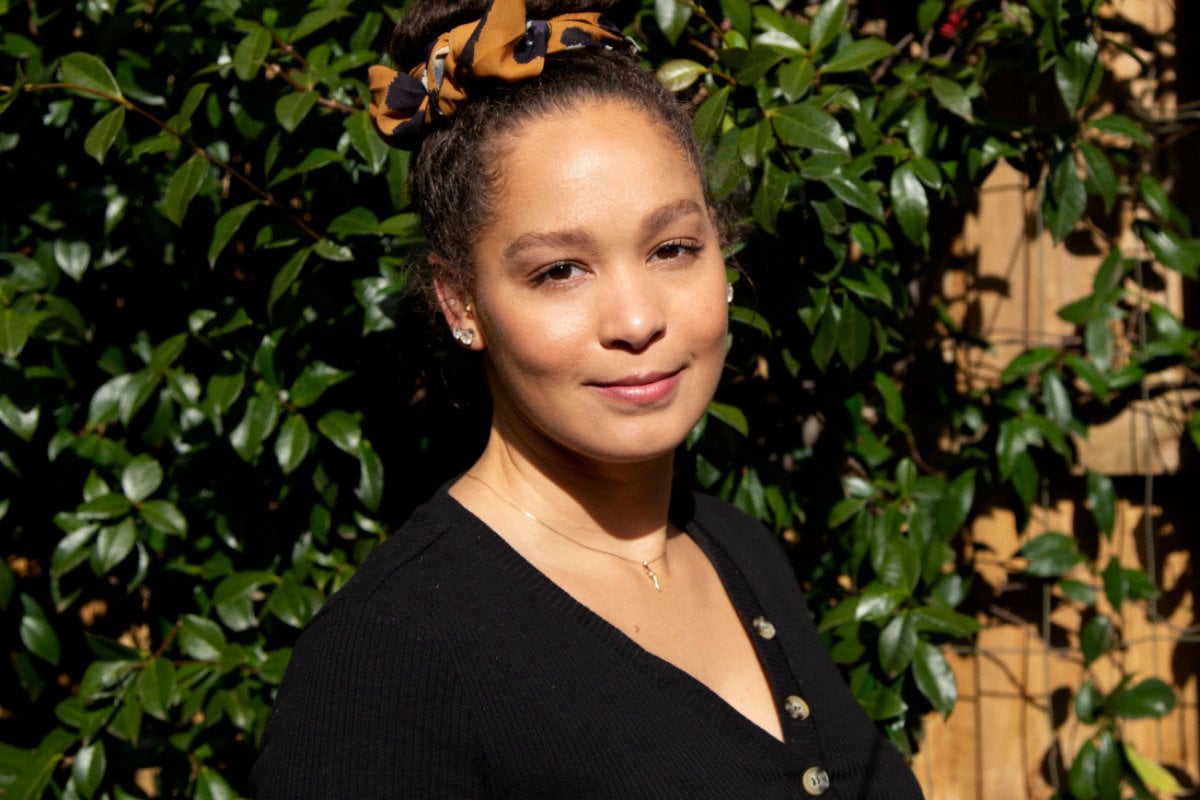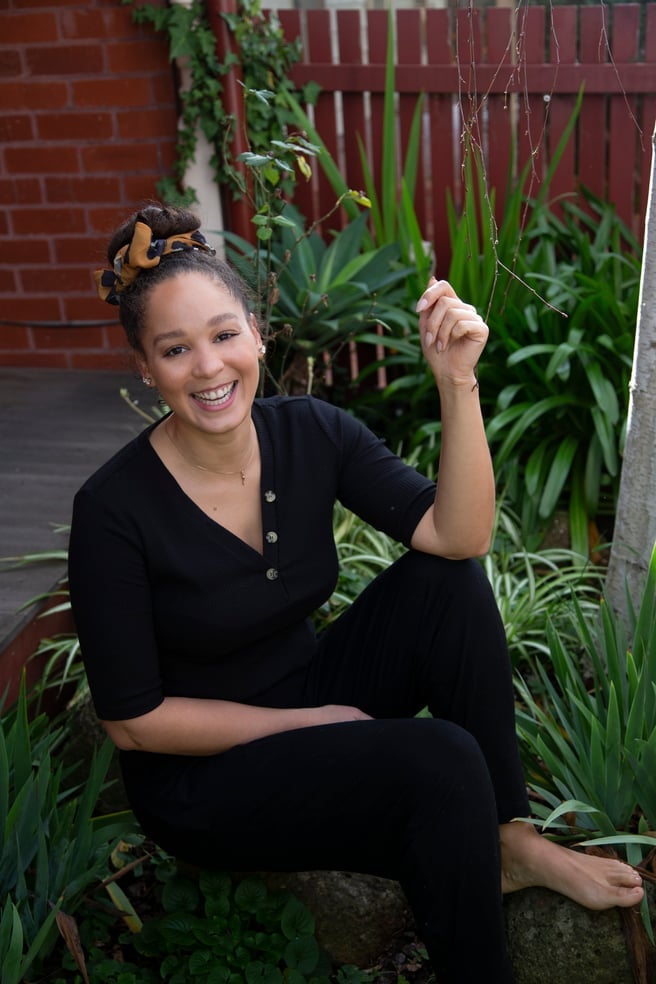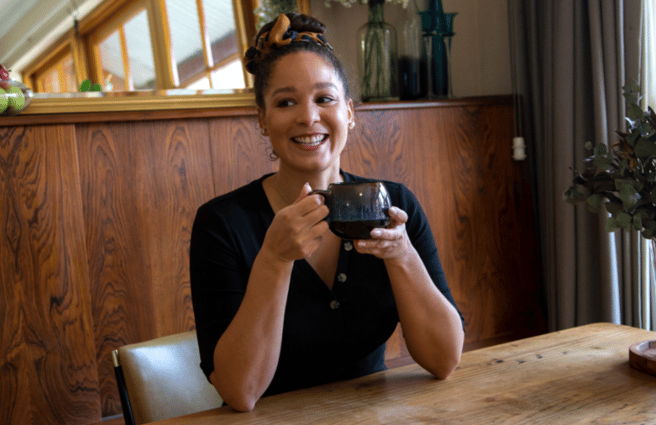
"It's a struggle every day just maintaining my routine and health. For example, I have sensory issues, so if you're talking quite loudly around me I'm likely to get overwhelmed and my ability to process information can be quite shaky.
"Some days are worse than others, and if any problems or barriers come up, which often can be very simple, that will halt me in my tracks. It becomes tricky, because asking for understanding to manage such simple barriers can make me come across as difficult, high maintenance or spoilt. But I am not trying to be any of those things, I just have a hidden disability and certain things can really make or break my day."
***
When Jessica Birch says "make or break" she really means it.
If these accommodations aren't made, she could be in bed for days recovering.
The 34-year-old has Fetal Alcohol Spectrum Disorder (FASD), a lifelong, permanent and debilitating disorder which is caused when alcohol crosses the placenta to the developing baby during pregnancy.
WATCH: Jessica speaking to FARE, The Foundation for Alcohol Research and Education. Post continues after video.




Top Comments